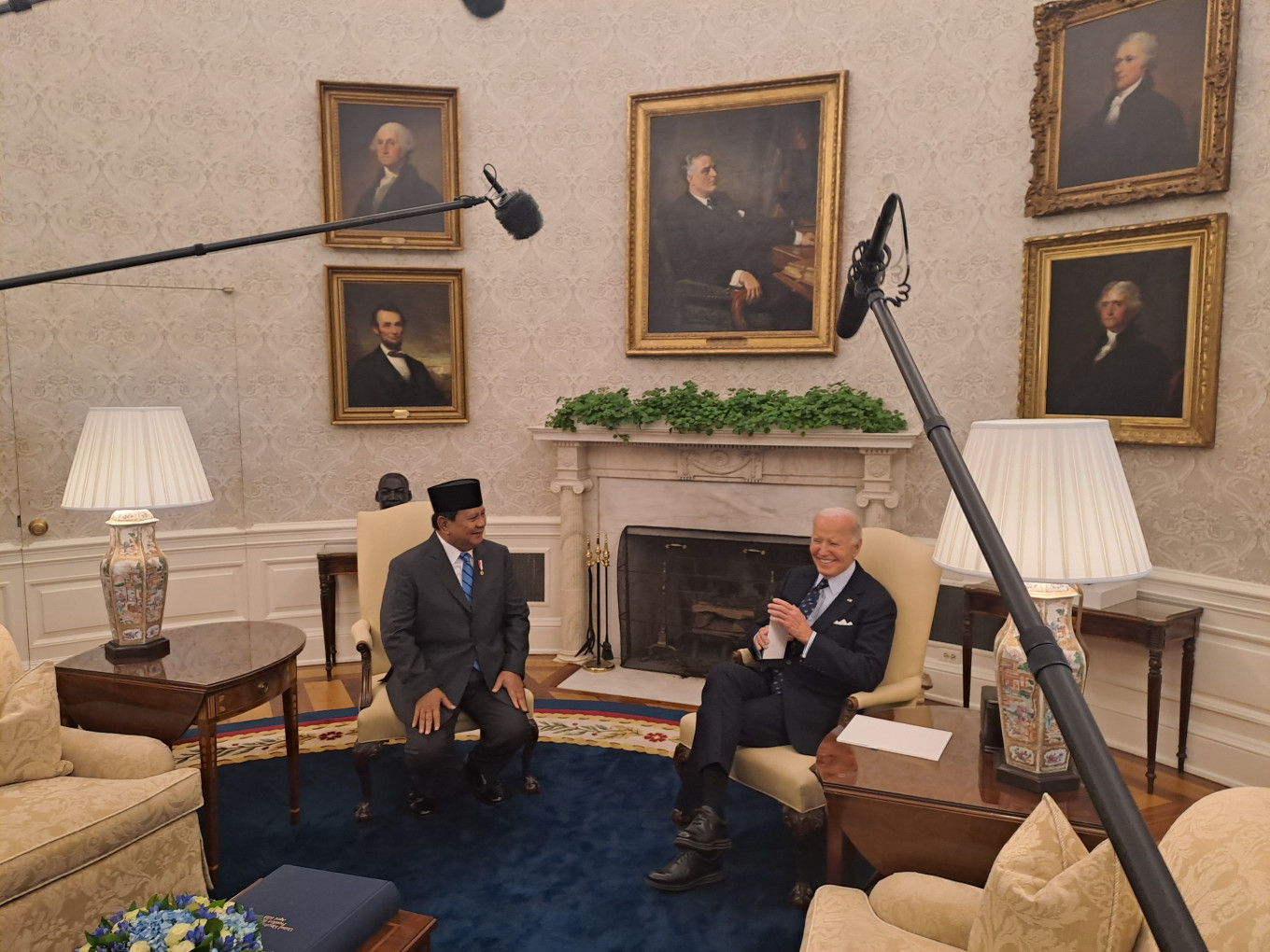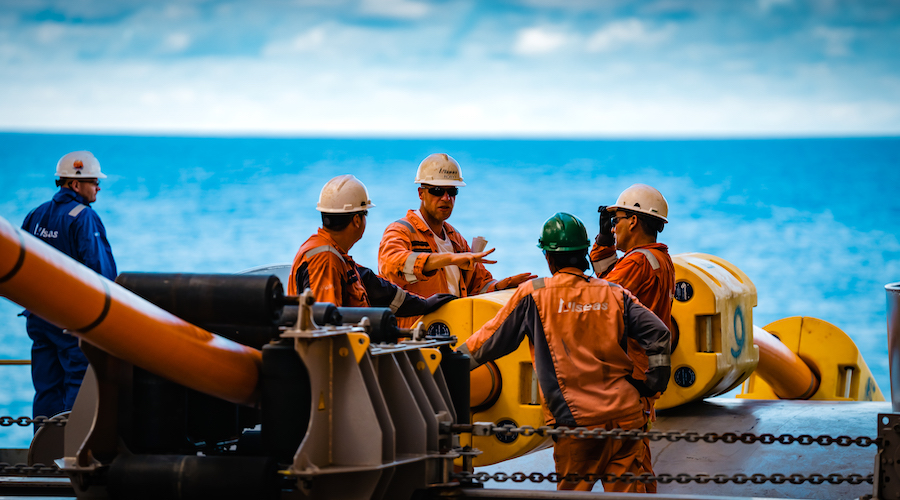Headline: Indonesia Looks to Maximize Economic Opportunities in OECD and BRICS Membership
Indonesia’s Strategic Moves in Multilateral Organizations
As Indonesia seeks to strengthen its global economic position, President Prabowo Subianto has announced his plans to expand membership in significant multilateral organizations, notably the Organisation for Economic Co-operation and Development (OECD) and the BRICS group of emerging economies. In a press conference during the tail end of his recent work visit to the United States, Prabowo emphasized the government’s commitment to leveraging these memberships for the benefit of the Indonesian populace. “Yes, we are joining several groups. For our economy, we want to look for the best opportunities. We have to think about the welfare of our people, right?” he stated from Washington, DC.
A Focus on Economic Benefits
Prabowo’s remarks came amid Indonesia’s pursuit of enhanced economic partnerships on the global stage. The OECD, often dubbed the “rich countries’ club,” comprises predominantly developed nations. However, Indonesia has shown keen interest in joining since initiating discussions in 2022, and the organization officially began the country’s accession process earlier this year.
Simultaneously, Indonesia aims to align itself with the BRICS group—comprising Brazil, Russia, India, China, and South Africa—aiming to tap into the collaborative potential for emerging economies. These moves reflect Indonesia’s strategic vision of fostering economic resilience and encouraging investment by enabling access to larger networks.
Joining CPTPP and IPEF for Greater Integration
Further supporting this strategy, Prabowo mentioned the consideration of additional memberships, such as the Comprehensive and Progressive Agreement for Trans-Pacific Partnership (CPTPP) and the Indo-Pacific Economic Framework for Prosperity (IPEF), introduced by President Joe Biden two years ago.
-
CPTPP:
- A progressive free trade agreement involving 11 countries, including Australia and several ASEAN members, aimed at reducing trade barriers and fostering economic integration.
- IPEF:
- A strategic initiative focusing on strengthening economic ties and fostering resilience in the region—perceived widely as advantageous to counterbalance China’s rising influence in the Asia-Pacific.
Both agreements represent Indonesia’s ambition to position itself in the competitive landscape of international trade, potentially boosting growth and employment.
Implications for Indonesia and the Region
The ramifications of these initiatives are profound, particularly given the backdrop of a rapidly transforming global economy. By engaging with developed economies through the OECD and collaborating with emerging markets in BRICS, Indonesia could unlock various avenues for investment and economic cooperation, impacting sectors from technology to agriculture.
Experts assert that Indonesia’s growing role in these economic frameworks could serve as a catalyst for regional growth, boosting trade relations with both its immediate neighbors and key global partners. Dr. Arif H. Rahman, an economist at the University of Indonesia, noted, “Strengthening these ties can enhance Indonesia’s competitive edge, allowing it to become a major player in both regional and global markets.”
Strategic Context: Historical Engagement in Global Economies
Historically, Indonesia’s economic policies have been increasingly orientated towards multilateral engagement. With the world grappling with challenges ranging from economic downturns to pandemics, President Prabowo’s administration is poised to navigate these complexities through strategic partnerships.
As countries around the globe emerge from economic recessions, the need for collaboration and synergy becomes more pressing. Membership in organizations like the OECD provides a platform for Indonesia to adopt best practices and benchmark against developed economies, while participation in BRICS could offer opportunities to voice the interests of emerging markets.
Conclusion: A Path Forward
In embracing multilateralism, Indonesia is not merely looking to join clubs but rather to forge pathways for sustainable economic growth that directly benefits its population. As the country surveys this multifaceted approach, engaging more deeply with regional and global economies will be paramount.
For readers keen to explore more about Indonesia’s economic landscape and its unfolding strategies, keep an eye on our "Prospects" section for exclusive interviews and comprehensive coverage of the region’s urgent business issues.
As Indonesia charts its course towards economic integration, it remains essential for local businesses and citizens to stay engaged with these developments. What are your thoughts on Indonesia’s pursuit of OECD and BRICS memberships? Feel free to share your opinions in the comments below!
Follow this link to read related articles on Indonesia’s economic initiatives.
Explore the Indo-Pacific Economic Framework for Prosperity for more information.
Images and multimedia elements depicting Indonesian economic activities will be added here.


